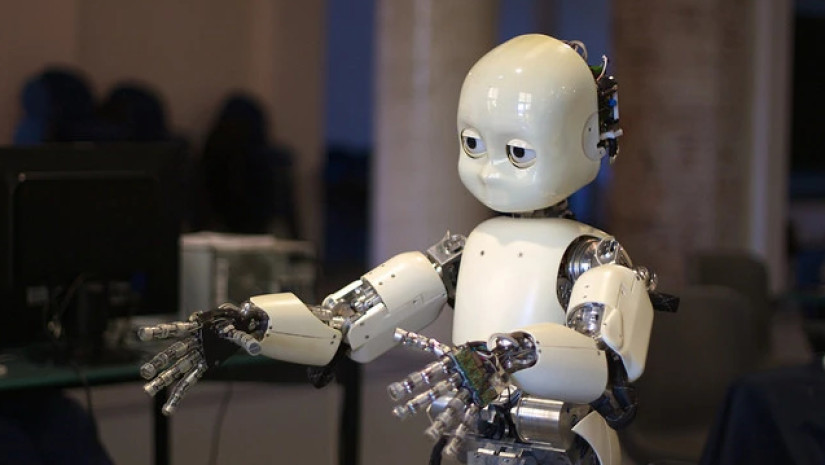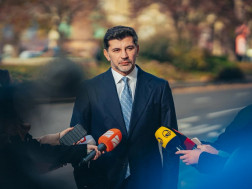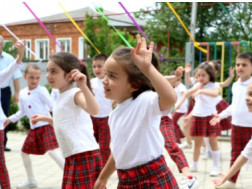At a recent event in a London nightclub, partygoers danced to music generated by artificial intelligence (AI) rather than a human DJ. The experimental evening aimed to assess whether AI-produced tracks could elicit the same response as those played by a traditional DJ.
The rapid advancement of AI has been a dominant topic of conversation in the tech world in recent months. OpenAI's ChatGPT, one of the most renowned chatbots, can generate prose and poetry, write academic essays, and provide user responses that closely resemble human language. Such progress in AI has prompted a surge in investment in the field.
On February 17, the London club, The Glove That Fits, showcased AI's capabilities by featuring an AI DJ at their "Algorhythm" event. The techno music and rhythmic drums for the night were generated by Mubert, an AI application developed by a team of Ukrainian and Russian programmers.
Mubert combines human-crafted patterns of rhythms and melodies to produce new musical tracks. Users can like or dislike the app-generated music, allowing the AI to adapt its output accordingly.
Paul Zgordan, CEO of Mubert, acknowledged that the rise of AI could threaten the livelihoods of musicians: "We want to keep the musicians' jobs, but in our own way," he told Reuters.
Reactions to the AI-themed nightclub evening were mixed. Rose Cuthberstones, a 24-year-old master's student studying artificial intelligence, said the music could have been more complex. They added that AI may not yet possess the knowledge to play diverse genres of electronic music, but it still provided a fun dancing experience. Pietro Cappe Galeotta, a 26-year-old programmer, gave the AI music a more favorable review, describing it as "really good entertainment."
Zgordan believes there is still much work to be done and that Mubert should eventually incorporate features similar to ChatGPT: "There is no 'Music ChatGPT' yet because music is a much more complex field. At the moment, the technology is not ready for this."












